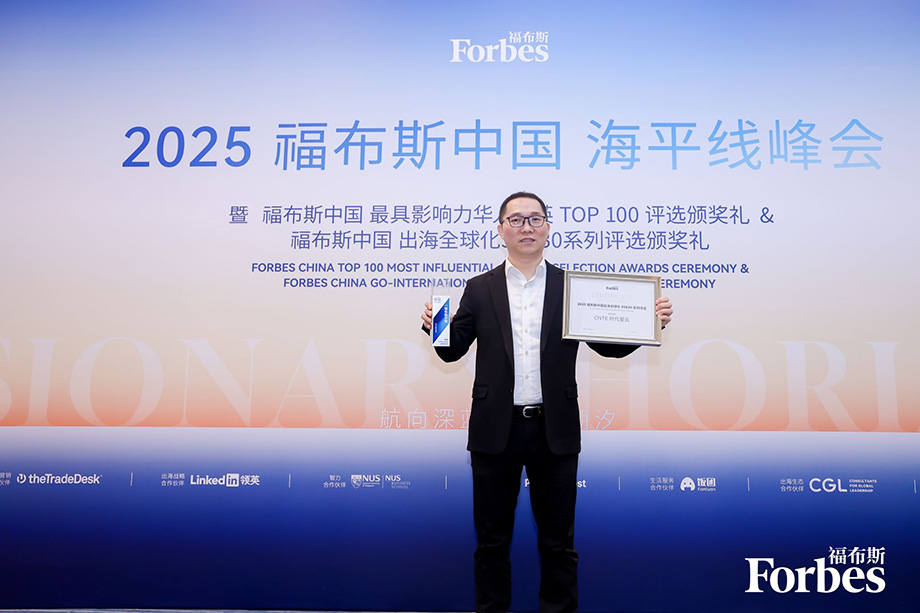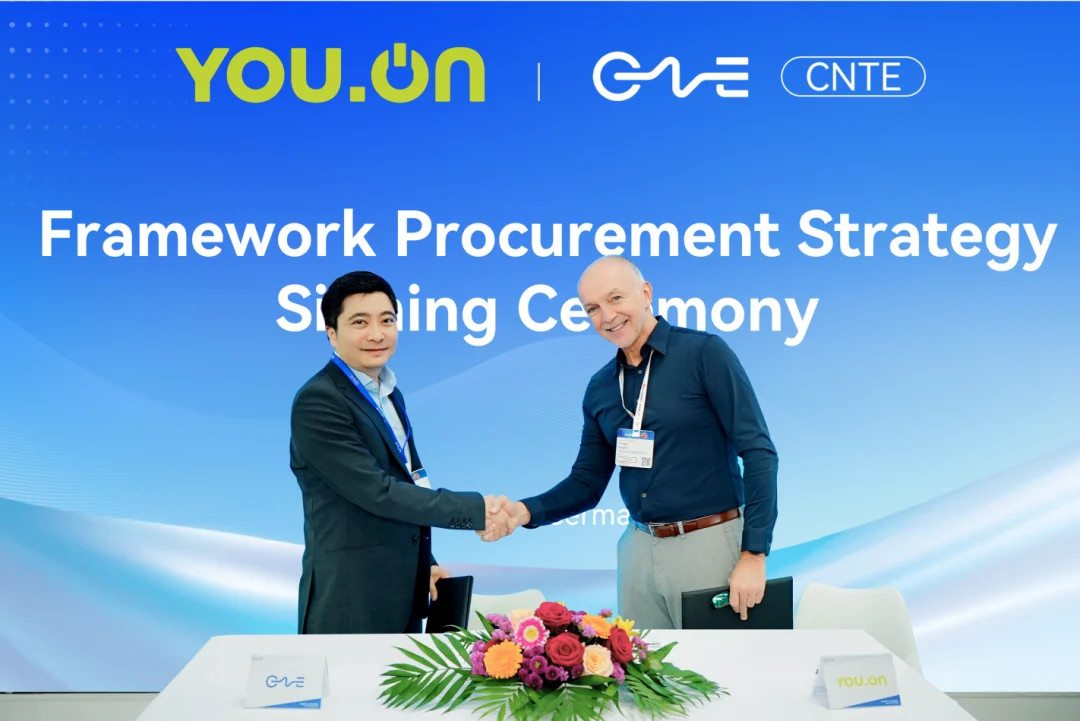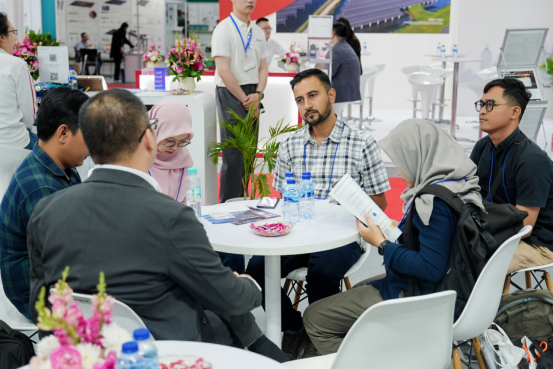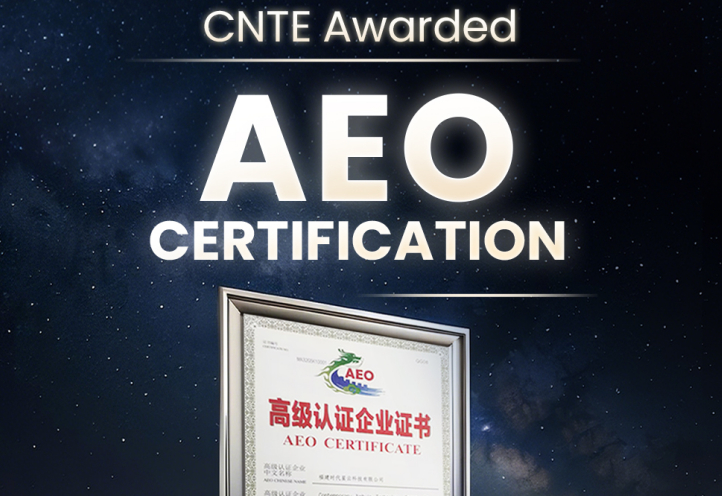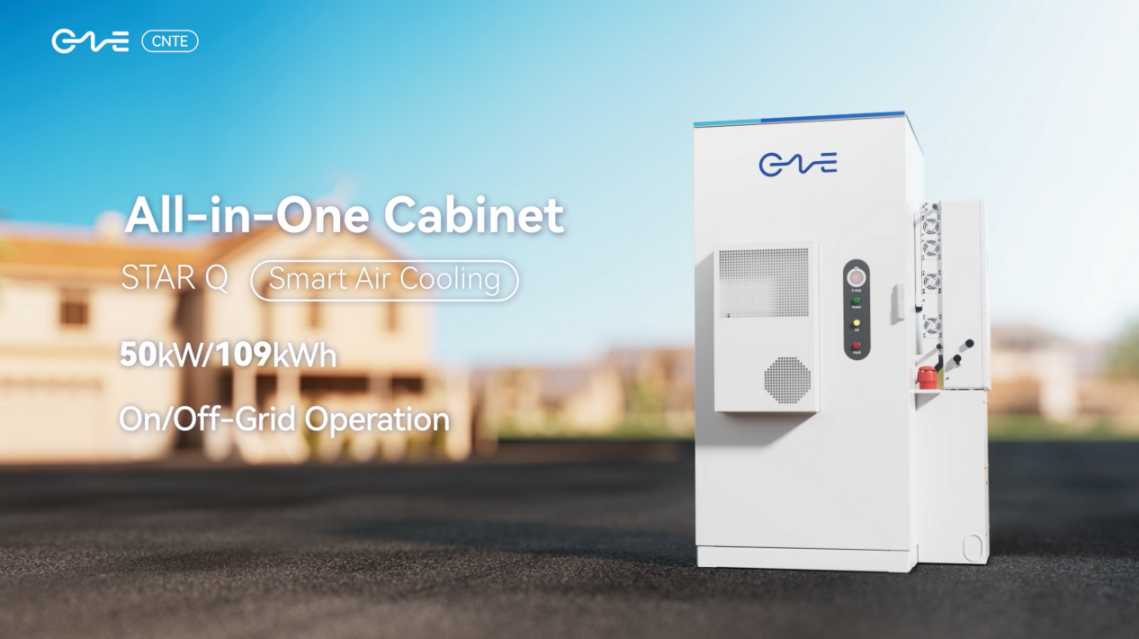Are Wholesale Lithium Batteries the Powerhouse Your Manufacturing Needs?
In today’s fast-paced world, the demand for efficient and reliable energy storage solutions has never been higher. Among the array of options available, lithium batteries have emerged as a dominant force, revolutionizing industries ranging from automotive to electronics to renewable energy. At the heart of this transformation lies the wholesale lithium battery market, where manufacturers like CNTE play a pivotal role in meeting the growing demand.
Overview of the Wholesale Lithium Battery Market
The wholesale lithium battery market is experiencing exponential growth, driven by the increasing adoption of lithium batteries across various industries. According to market research reports, the global lithium-ion battery market size was valued at over $40 billion in 2020 and is projected to reach $129 billion by 2027, with a compound annual growth rate (CAGR) of around 18%.
1.1 Growing Demand Across Industries
The versatility and efficiency of lithium batteries have made them indispensable in numerous sectors. From powering electric vehicles to storing renewable energy in grid-scale applications, lithium batteries have proven their worth. Additionally, the proliferation of portable electronic devices and the burgeoning electric vehicle market continue to fuel demand for wholesale lithium batteries.
1.2 Rising Investments and Technological Advancements
Investments in research and development have led to significant advancements in lithium battery technology. Manufacturers like CNTE are constantly innovating to improve battery performance, lifespan, and safety features. These advancements have expanded the applications of lithium batteries, making them suitable for a wide range of uses.
1.3 Global Market Trends and Projections
Asia-Pacific dominates the wholesale lithium battery market, with China leading in both production and consumption. However, other regions, including North America and Europe, are witnessing substantial growth as well. With increasing investments in renewable energy and electric mobility, the demand for lithium batteries is expected to soar in the coming years.
Applications of Wholesale Lithium Batteries
Lithium batteries have become the backbone of numerous industries, driving innovation and efficiency. Let’s delve into some of the key applications and success stories that illustrate the transformative power of wholesale lithium batteries.
2.1 Automotive Industry
One of the most significant applications of lithium batteries is in electric vehicles (EVs). With the global push towards reducing carbon emissions and combating climate change, EVs have gained traction as a sustainable alternative to traditional internal combustion engine vehicles. Companies like Tesla have revolutionized the automotive industry by producing high-performance electric vehicles powered by lithium batteries.
2.2 Electronics Sector
From smartphones to laptops to wearable devices, lithium batteries have become ubiquitous in the electronics industry. Their high energy density and long lifespan make them ideal for powering portable devices. Additionally, advancements in lithium battery technology have enabled the development of smaller, lighter, and more powerful devices, driving innovation in consumer electronics.
2.3 Renewable Energy Storage
Lithium batteries play a crucial role in storing energy generated from renewable sources such as solar and wind. By storing excess energy during periods of low demand and releasing it during peak hours, lithium batteries help stabilize the grid and maximize the utilization of renewable energy resources. Projects like the Hornsdale Power Reserve in Australia, featuring the world’s largest lithium-ion battery installation, demonstrate the scalability and reliability of lithium battery technology in grid-scale energy storage.
Factors to Consider When Purchasing Wholesale Lithium Batteries
When sourcing wholesale lithium batteries, several factors must be taken into account to ensure quality, compatibility, and sustainability. Let’s explore some key considerations for businesses and consumers alike.
3.1 Quality Considerations
Battery lifespan, performance, and safety features are paramount when evaluating lithium battery suppliers. Manufacturers like CNTE prioritize quality control measures to deliver high-performance batteries that meet industry standards and regulations. Rigorous testing and certification processes ensure reliability and safety in demanding applications.
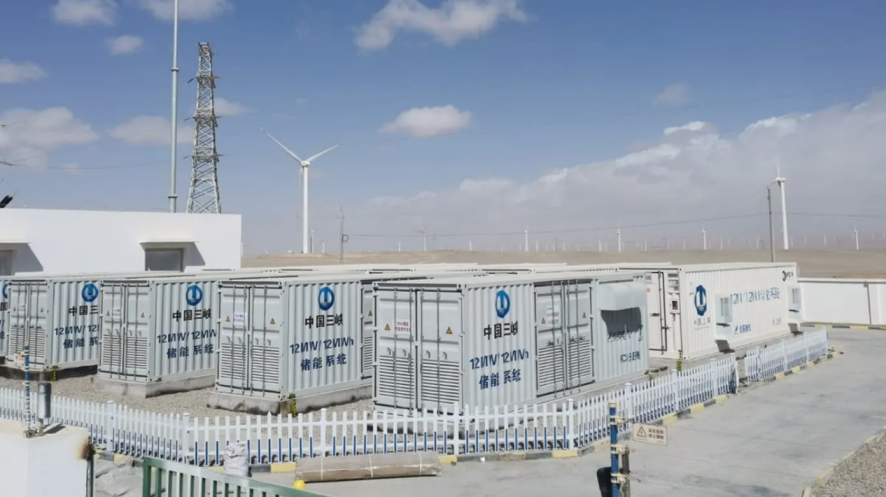
3.2 Compatibility
Compatibility with specific devices or systems is another crucial factor to consider when purchasing wholesale lithium batteries. Whether it’s an electric vehicle, a renewable energy storage system, or a consumer electronics device, ensuring compatibility is essential for seamless integration and optimal performance.
3.3 Pricing and Cost-Effectiveness
While price is undoubtedly a factor, cost-effectiveness should be evaluated holistically, taking into account factors such as lifespan, performance, and total cost of ownership. Wholesale lithium batteries may have a higher upfront cost compared to other battery types, but their superior performance and longer lifespan often result in lower overall costs in the long run.
3.4 Environmental Impact and Sustainability
As the world grapples with environmental challenges, sustainability has become a key consideration in battery procurement. Manufacturers like CNTE are committed to reducing their environmental footprint through responsible sourcing, recycling programs, and energy-efficient manufacturing processes. Choosing suppliers with strong sustainability initiatives helps mitigate the environmental impact of battery production and disposal.
The wholesale lithium battery supply chain is a complex network involving manufacturers, distributors, and retailers, all working together to meet the growing demand for energy storage solutions. Understanding the intricacies of this supply chain is essential for businesses looking to source wholesale lithium batteries efficiently and reliably.
4.1 Overview of the Supply Chain
At the heart of the wholesale lithium battery supply chain are manufacturers like CNTE, who design, produce, and assemble lithium batteries. These batteries are then distributed through a network of distributors, who act as intermediaries between manufacturers and retailers. Finally, retailers sell the batteries to end-users, whether they are consumers or businesses.
4.2 Challenges and Opportunities
Sourcing wholesale lithium batteries comes with its set of challenges. Variability in raw material prices, supply chain disruptions, and quality control issues are some common challenges faced by businesses. However, these challenges also present opportunities for innovation and improvement. Companies that can adapt to market dynamics and invest in technology and infrastructure stand to gain a competitive edge.
4.3 Strategies for Optimization
Optimizing the supply chain for lithium batteries requires a multifaceted approach. Streamlining logistics, implementing inventory management systems, and leveraging data analytics can improve efficiency and reduce costs. Additionally, fostering strong partnerships and relationships with suppliers and distributors is crucial for ensuring reliability and responsiveness in the supply chain.
4.4 Importance of Partnerships
Partnerships and relationships play a vital role in the wholesale lithium battery supply chain. Collaborating closely with manufacturers, distributors, and other stakeholders fosters trust, transparency, and mutual understanding. These partnerships enable smoother communication, faster problem-solving, and better coordination, ultimately enhancing the overall efficiency and resilience of the supply chain.
Future Trends in Wholesale Lithium Batteries
The future of wholesale lithium batteries is shaped by emerging technologies, market trends, and sustainability considerations. Staying ahead of these trends is essential for businesses to remain competitive and meet the evolving needs of consumers and industries.
5.1 Emerging Technologies and Innovations
Advancements in lithium battery design continue to push the boundaries of energy storage capabilities. From solid-state batteries to silicon anodes to advanced electrolytes, researchers and manufacturers are exploring new materials and technologies to improve battery performance, safety, and lifespan.
5.2 Potential Disruptions in the Market
The wholesale lithium battery market is not immune to disruptions. New competitors entering the market, regulatory changes, and geopolitical factors can all impact supply and demand dynamics. Companies must stay agile and adaptable to navigate these disruptions effectively.
5.3 Forecasting Demand and Growth Areas
Forecasting demand for wholesale lithium batteries requires a deep understanding of market trends, consumer behavior, and technological advancements. Industries such as electric vehicles, renewable energy storage, and consumer electronics are expected to drive significant growth in demand for lithium batteries in the coming years.
5.4 Implications for Businesses and Consumers
The implications of these trends extend beyond the business realm to consumers and society as a whole. Businesses must innovate and adapt to meet the demand for sustainable energy storage solutions while consumers benefit from more efficient and reliable products. Additionally, advancements in lithium battery technology contribute to the transition towards a cleaner and more sustainable energy future.
Sustainability and Ethical Considerations in Wholesale Lithium Battery Production
While lithium batteries offer numerous benefits, their production and disposal can have significant environmental and ethical implications. Addressing these considerations is crucial for promoting responsible practices and mitigating negative impacts on the environment and communities.
6.1 Environmental Impact
The production of lithium batteries involves resource extraction, chemical processing, and manufacturing processes that can generate greenhouse gas emissions, water pollution, and habitat destruction. Additionally, the disposal of lithium batteries at the end of their life cycle presents challenges related to recycling and waste management.
6.2 Efforts to Improve Sustainability
To mitigate the environmental impact of lithium battery production and disposal, industry stakeholders are implementing various sustainability initiatives. These include investing in renewable energy sources for manufacturing, developing recycling technologies to recover valuable materials from spent batteries, and promoting energy efficiency throughout the battery lifecycle.
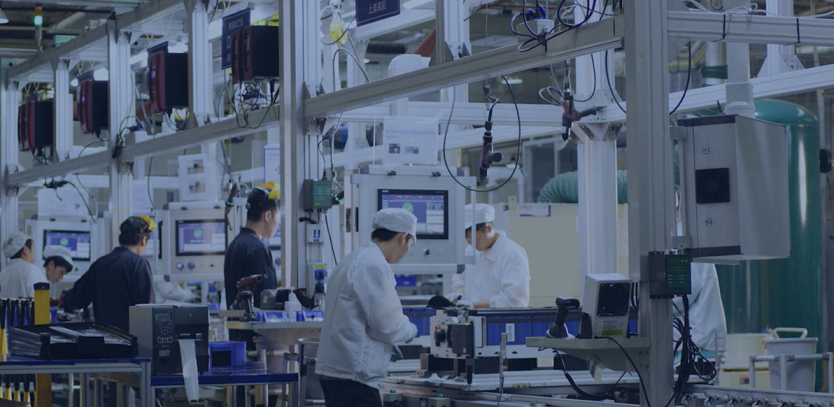
6.3 Ethical Concerns
The mining and extraction of lithium and other raw materials for battery production raise ethical concerns related to human rights, indigenous land rights, and labor practices. Companies must ensure responsible sourcing practices and adhere to international standards and guidelines to address these concerns and uphold ethical principles.
6.4 Certification Programs and Industry Initiatives
Certification programs and industry initiatives play a crucial role in promoting responsible practices in wholesale lithium battery production. Standards such as the Responsible Cobalt Initiative and the Responsible Minerals Initiative aim to improve transparency and accountability in the battery supply chain, ensuring that batteries are sourced ethically and sustainably.
Conclusion
In conclusion, the wholesale lithium battery market is experiencing unprecedented growth, driven by the increasing demand for efficient energy storage solutions across various industries. Manufacturers like CNTE are at the forefront of this revolution, delivering high-quality lithium batteries that power the innovations of tomorrow. By understanding the market dynamics, applications, and key considerations for purchasing lithium batteries, businesses and consumers can make informed decisions to meet their energy storage needs while contributing to a more sustainable future.
Get in Touch
Recent Posts
Tags
- 500 kwh battery price
- all in one solar battery
- at home battery
- battery based energy storage
- battery capacity for solar system
- battery pack for home solar system
- battery pack kwh
- battery power storage systems
- battery storage applications
- battery storage suppliers
- battery storage system design
- battery to grid
- bess battery energy
- bess solar system
- better battery renewable energy
- charging station
- clean energy storage solutions
- commercial solar power battery storage
- cost of solar and battery system
- electrical energy storage exhibition
- energy storage battery pack
- energy storage system lithium battery
- energy storage system solar
- energy tech battery
- ess battery price
- ess battery system
- ess solar system
- green energy lithium battery
- kwh battery storage
- large solar storage batteries
- lithium battery for off grid solar
- lithium battery for solar system price
- lithium battery packs for solar panels
- new battery storage
- on grid battery
- optical storage integration
- outdoor energy storage
- outdoor solar battery cabinet
- pcs battery system
- power pack energy
- price per kwh battery storage
- q cell battery storage
- smart battery storage
- solar and lithium batteries
- solar battery battery
- solar battery container
- solar battery module
- solar battery storage capacity
- solar battery storage manufacturers
- solar cell storage
- solar energy battery storage capacity
- solar energy battery storage system
- solar energy lithium battery
- solar energy storage system price
- solar energy storage technology
- solar ess system
- solar grid battery
- solar one batteries
- Solar panel energy storage systems
- solar panel lithium battery storage
- solar panel power storage system
- solar plant battery
- Solar Power Plant Battery
- solar pv and battery storage systems
- solar pv system with battery storage
- solar storage solutions
- solar with battery system
- standalone energy storage systems
- storage energy battery
- storedge battery

